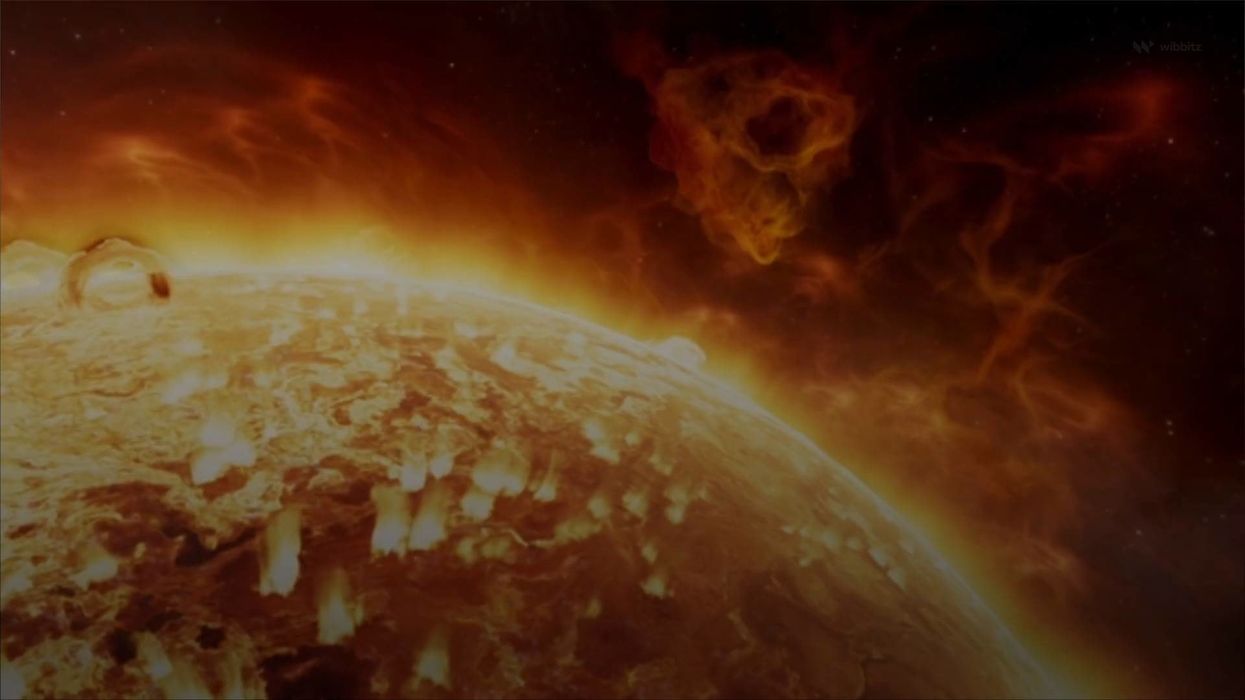Science & Tech
Ellie Abraham
Apr 02, 2024
Solar Maximum Could Reveal Secrets of the Sun
Money Talks News / VideoElephant
A nuclear fusion experiment has set a record after reaching a temperature more than seven times hotter than the sun’s core.
Experts in South Korea, from the KSTAR Research Center at the Korean Institute of Fusion Energy, announced the new world record for the amount of time they were able to sustain a temperature of 100 million degrees Celsius.
It occurred during a nuclear fusion experiment and has been heralded as a big step forward for new energy technologies.
Nuclear fusion is a replication of what occurs naturally to make the sun and stars shine. It happens when two atoms are fused together, releasing incredible amounts of energy.
In the face of climate change, some believe nuclear fusion may be the answer to “clean” energy because it could provide limitless amounts of energy without polluting the atmosphere.
Si-Woo Yoon, the director of the KSTAR Research Center at the Korean Institute of Fusion Energy (KFE), explained that being able to heat hydrogen variants to extreme temperatures is vital for the future of the technology, because the plasma it creates enables reactions to occur for longer.
But, he explained to CNN, maintaining these temperatures “has not been easy to demonstrate due to the unstable nature of the high temperature plasma”.
However, the team KFE was able to set a new record using its fusion research device, dubbed an “artificial sun”. The plasma it produced was able to hold temperatures of 100 million degrees for 48 seconds. It occurred during tests conducted between December 2023 and February 2024, which beat the previous record of 30 seconds which was set in 2021.
This was made possible due to tweaks to the material used in the “diverters”, changing it from carbon to tungsten.
The experts have their sights set on the 300-second mark and hope to achieve this by 2026, as Yoon believes it will mark “a critical point” for the scaleability of the technology.
Yoon said their research “will be of great help to secure the predicted performance in the International Thermonuclear Experimental Reactoroperation (ITER) in time and to advance the commercialization of fusion energy”.
Sign up for our free indy100 weekly newsletter
How to join the indy100's free WhatsApp channel
Have your say in our news democracy. Click the upvote icon at the top of the page to help raise this article through the indy100 ranking
Top 100
The Conversation (0)














